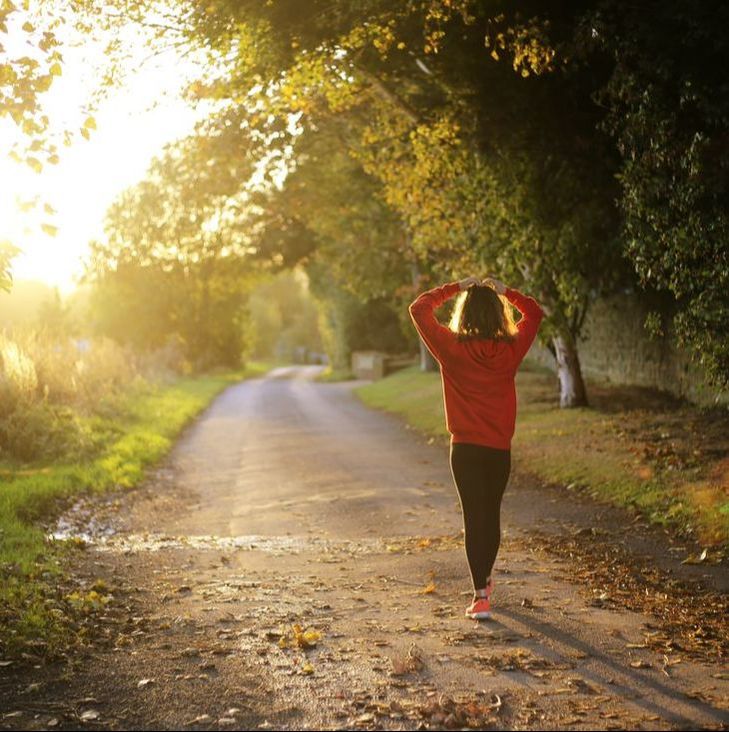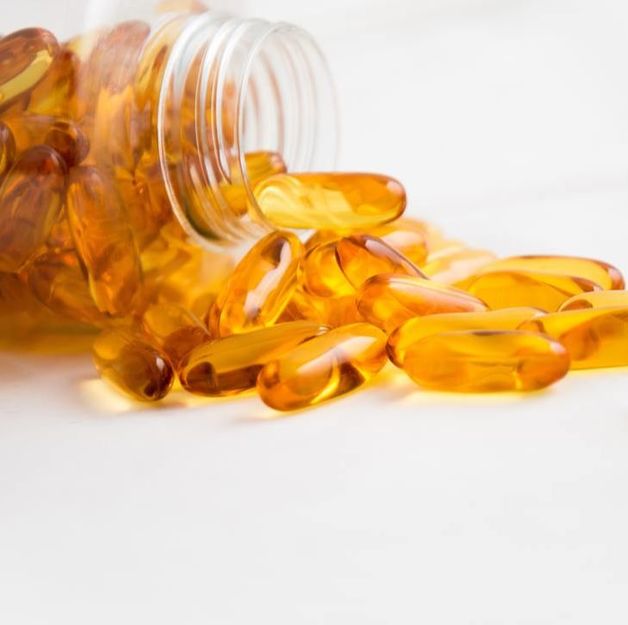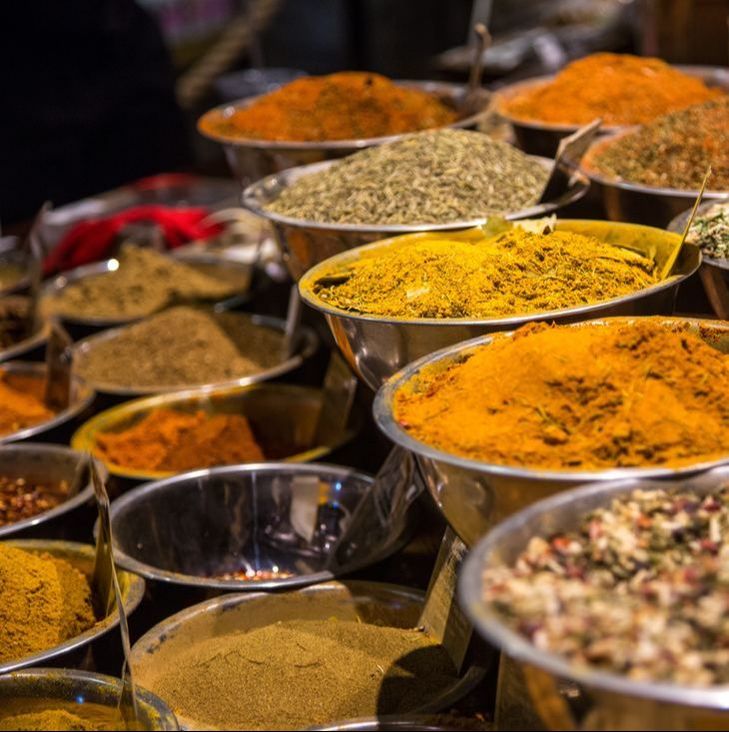|
This article was first published on ProHealth on July 31st, 2018. It was later removed for reasons outlined in this notice. Most of the links on this post are informational, but a few are affiliate links to help maintain this website. Toxins are everywhere—they're in our food, medications, water, and even our air. The most diligent among us can't avoid them completely, so our liver works 24/7 to keep all those troublesome toxins out of our blood stream. We ask a lot of our liver and we should do everything we can to help it function at its highest capacity. But how? As Lyme patients we talk a lot about detox strategies. There are many ways to detox the liver, but one way is by supporting the liver with supplements. The liver is the largest internal organ, which is no surprise because it does a lot to keep us healthy. In addition to removing toxins from the blood, it has over 250 functions. Those of us with Lyme disease need to pay extra attention to our liver function due to strong medications and die off from treatment, both of which affect the liver. When our liver is stressed we can feel it, like when die-off happens faster than our liver can process and dead bacteria get recirculated into the blood. It shows up as headaches, joint pain, fatigue, skin issues, and digestion problems—all signs of a buildup of toxins. Fortunately, there is help in the form of these nine supplements. 9 Supplements to Support Liver Function: 1. Vitamins C, E & B All essential vitamins and minerals support liver health, but these three in particular are standouts when it comes to detox. Vitamins C and E are strong antioxidants and help neutralize free radicals to reverse oxidative stress in the liver. It is suspected that Vitamin E can help rebuild damaged liver cells. The B vitamins help the liver break down fats, proteins, and carbohydrates for easier digestion. Like vitamin E, B12 also aids in liver regeneration. You can get these vitamins from food or supplements, but if you're using only food sources make sure your dosing is sufficient. 2. Milk Thistle The active ingredient in this flowering herb is silymarin, a potent flavonoid with anti-inflammatory and antioxidant properties. Perhaps the best-known liver supplement on the market, the benefits of milk thistle were enough to make the mainstream medical community take notice. This has led to significant research surrounding milk thistle and the liver. Studies show varied results, but a recent paper showed silymarin reduced inflammatory cytokines and protected the liver from damage in mice. It also has regenerative properties. 3. Dandelion Root Dandelion root is a natural diuretic and laxative, which means it helps move fluids and waste through the body. The more we urinate and move our bowels, the more we rid our bodies of toxins. This decreases the liver's burden. The root of the dandelion is also believed to help clean the liver and gallbladder of toxins. This supplement often comes in a detox tea but can also be taken in a capsule. 4. Burpleurum This herb, used in traditional Chinese medicine, is an anti-viral. Common latent viruses, such as herpes and Epstein Barr are very taxing to the liver and this herb may help to reduce our viral load. Like other potent herbs, it also aids in detoxification. Studies suggest that it may even help to prevent liver cancer in those with cirrhosis. Because this herb is so powerful, it's best to check with your health care provider before starting a regimen. 5. Schisandra The medicinal part of the schisandra plant is the bright red berry. The schisandra berry aids in the production of glutathione by stimulating liver enzymes. Glutathione is perhaps the most powerful antioxidant in the body, thus reducing free radicals and cleansing the blood. 6. Chlorella Chlorella is a single-celled algae that is a detoxifying powerhouse. In the digestive tract, chlorella binds to heavy metals and other toxins and carries them out of the body. Unlike other binders, such as activated charcoal and bentonite clay, it doesn’t also remove healthy minerals from the body. Chlorella has the added benefit of supporting the immune system. 7. Artichoke Artichokes are related to the milk thistle plant, so it's no wonder it also benefits the liver. Artichokes contain cynarin, a phytonutrient that increases the production of bile to promote digestion. As the body digests, it carries toxins out of the body. Artichoke also has been found in studies to have antimicrobial properties, warding off bacteria, fungus, and mold, which tax the liver. 8. Phosphatidylcholine Every single cell has phosphatidylcholine in the membrane. As we age, the level of phosphatidylcholine decreases and is associated with liver damage and also some brain conditions. Studies have shown replacing phosphatidylcholine through supplementation improves liver enzymes and decrease symptoms in those with hepatitis, fatty liver disease, and liver damage from alcohol abuse. Even those without a serious liver disorder will see benefits from phosphatidylcholine. 9. Turmeric Extract This spice known for its anti-inflammatory properties is one of the best things you can take for your liver. The active ingredient, curcumin, prevents the build-up of toxins in the body. Taking turmeric is usually safe, which makes it a great option for those who can’t take other anti-inflammatory medications. Many liver supplements on the market use a blend of these key ingredients, so check labels to avoid overlap. Talk to your doctor about which liver supplements best fit your needs. Support your liver today and feel better tomorrow. References: Guo, Y., Wang, S., Wang, Y., & Zhu, T. (2016, December). Silymarin improved diet-induced liver damage and insulin resistance by decreasing inflammation in mice. Retrieved from https://www.ncbi.nlm.nih.gov/pubmed/27387273 Ebrahimi-Mameghani, M., Aliashrafi, S., Javadzadeh, Y., & AsghariJafarabadi, M. (2014, July 12). The Effect of Chlorella vulgaris Supplementation on Liver Enzymes, Serum Glucose and Lipid Profile in Patients with Non-Alcoholic Fatty Liver Disease Retrieved from https://www.ncbi.nlm.nih.gov/pmc/articles/PMC4122038 Pereira, C., Barros, L., Carvalho, A. M., Santos-Buelga, C., & Ferreira, I. C. (2015, January). Infusions of artichoke and milk thistle represent a good source of phenolic acids and flavonoids. Retrieved from https://www.ncbi.nlm.nih.gov/pubmed/25367590 "As long as I'm alive, I will continue to try to understand more because the work of the heart is never done." - Muhammad Ali
0 Comments
|
WelcomeI'm Kerry (She/Her/Hers) and I am a licensed therapist, group facilitator, poet, writer, & speaker. This is a place to acknowledge and validate our suffering and trauma, while also learning how to turn toward aliveness and spaciousness. Categories
All
Archives
April 2024
|
|
Copyright © 2024 Kerry J Heckman All rights reserved. Disclaimer.
|
|




 RSS Feed
RSS Feed